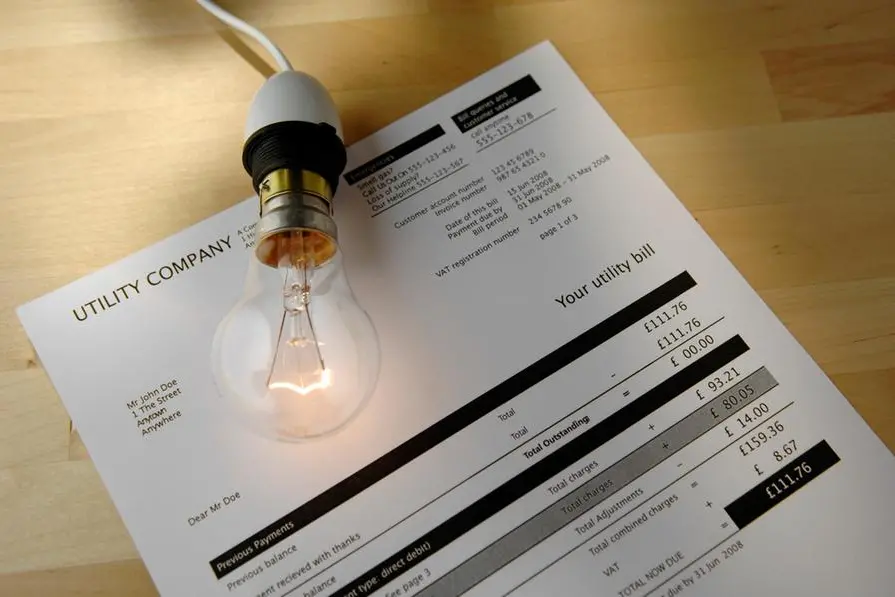PHOTO
The Energy Regulatory Commission (ERC) is optimistic of a significant increase in the number of participants of the net metering program this year.
It said that since the implementation of the net-metering program in 2013, there are only 7,583 qualified end-users as of end-2022.
These are comprised of 6,120 customers in Luzon, 1,168 in Visayas, and 295 in Mindanao.
The ERC said while the program highly demonstrates potential savings in electricity cost and protection from bill shocks, actual data shows the need for more aggressive efforts to promote and implement the program in many parts of the country.
'We can encourage more end-users to sign up by having more information campaign so that consumers will be aware of what net-metering is all about, how to join and highlight the benefits that can be derived from such scheme,' the ERC said.
The net-metering program is the first non-fiscal incentive mechanism fully implemented under the Renewable Energy Act of 2008.
Implemented in 2013, the program enables an ordinary electricity consumer to become a 'prosumer' by installing a maximum of 100 kilowatts of solar facility.
Through the installation of solar photovoltaic panels, house owners and commercial establishments can partly satisfy their electricity demand by themselves.
As a prosumer, the ordinary electricity consumer generates electricity for its own consumption, and sells any excess generation to the distribution grid.
'As a prosumer, the consumer can partly provide for its own electricity requirements by generating electricity from renewable energy installation. Any excess electricity generated can then be sold to the distribution grid for which the consumer derives rebates in its power bill,' the ERC said.
'Through the installation of solar photovoltaic panels up to 100 kW, house owners and commercial establishments can enroll in the program with their respective distribution utility to realize savings while providing in part for their own consumption,' it added.
According to the ERC, one key government agency that has registered for the net-metering program is the Commission on Audit (COA).
The COA, in partnership with the Philippine National Oil Co. Renewables Corp., installed the rooftop panels in 2017 in its complex in Quezon City.
'Five years after the installation of the solar panels, we are seeing the benefits in the savings generated. For January to September 2022 alone, we have generated total savings of more than P800,000 for both buildings,' COA chairman Gamaliel Cordoba said.
'We hope that more agencies will see the benefits and be encouraged to follow in our footsteps,' he said.
However, the ERC is hopeful that more agencies would follow given the positive experience of COA and other local government units, the direct benefits derived from the program, as well as protection against rising electricity prices that it provides.
'Why should we allow ourselves to be exposed to the vulnerabilities of higher fuel cost when we can generate power from our own resources? This was the resounding argument nearly 15 years ago, when the then Renewable Energy Bill was being deliberated in Congress. Those arguments still ring true, and more so now,' ERC commissioner Catherine Maceda said.
Copyright © 2022 PhilSTAR Daily, Inc Provided by SyndiGate Media Inc. (Syndigate.info).





















